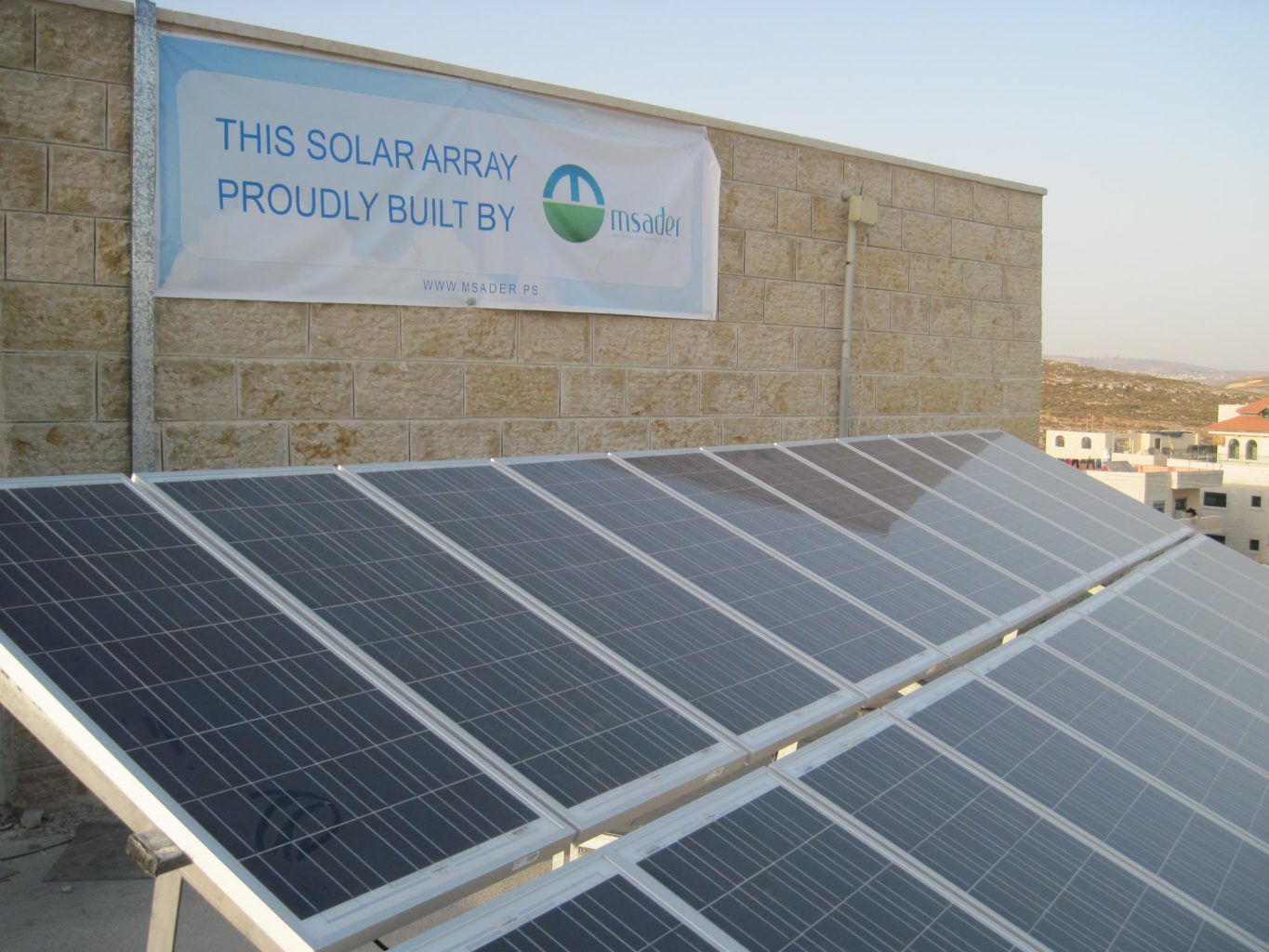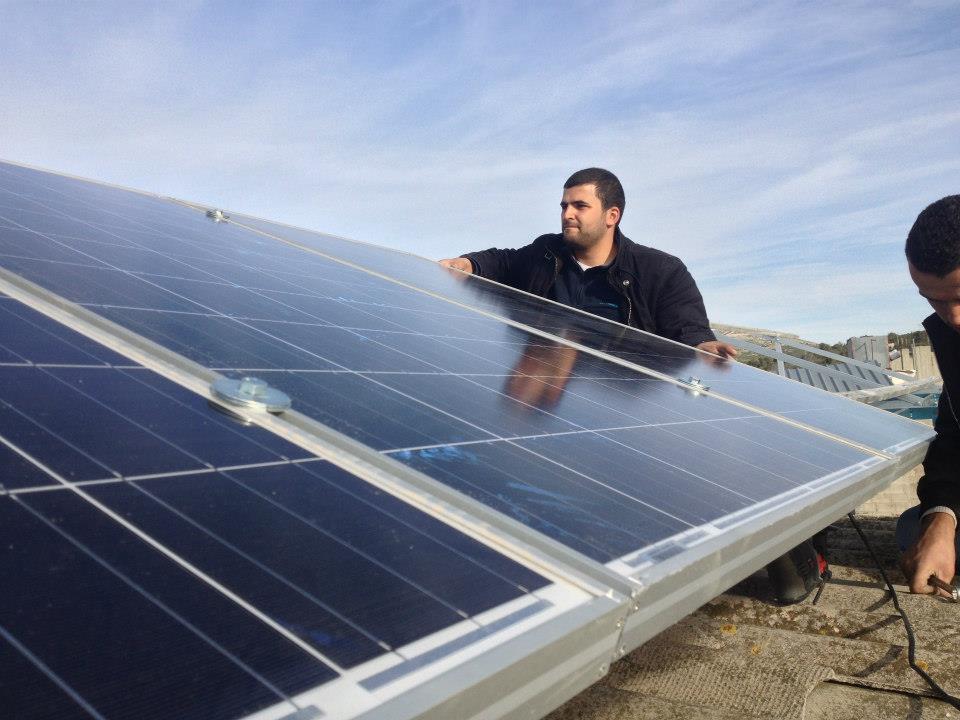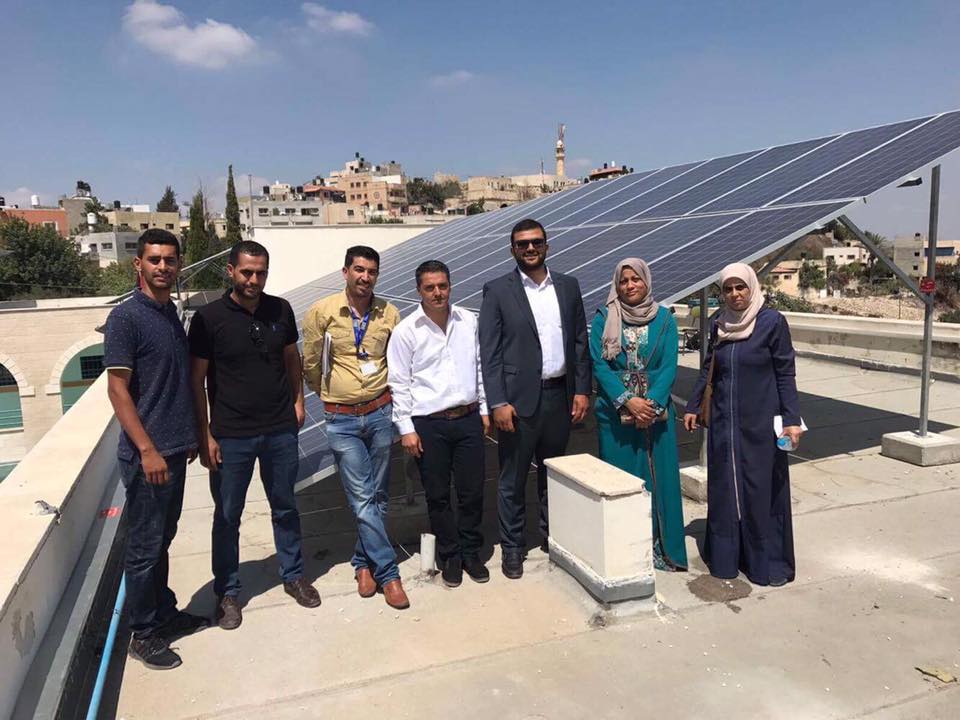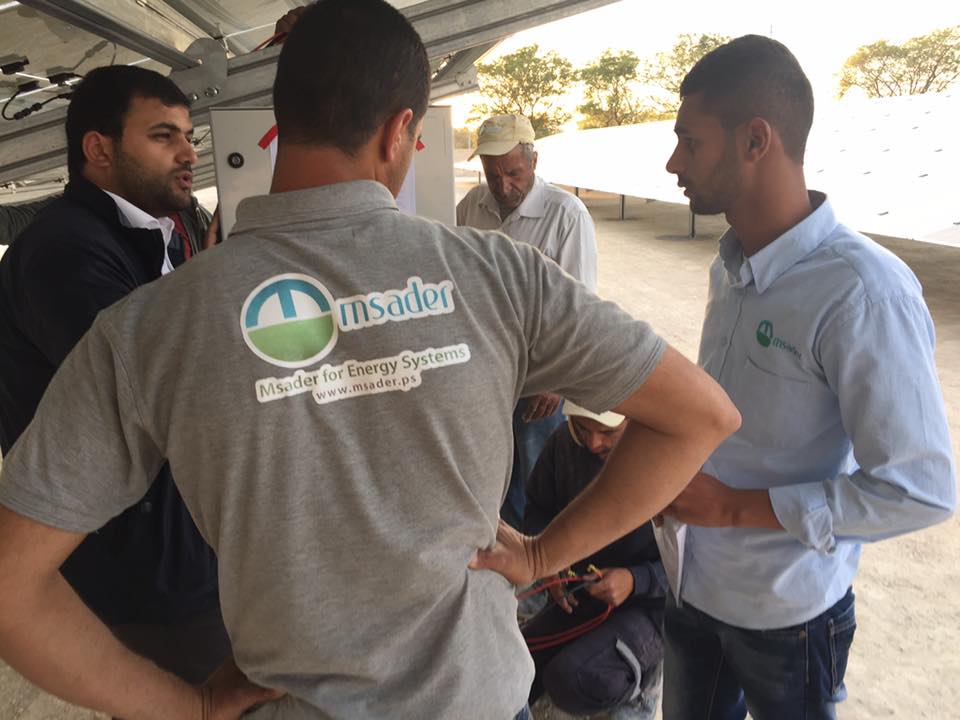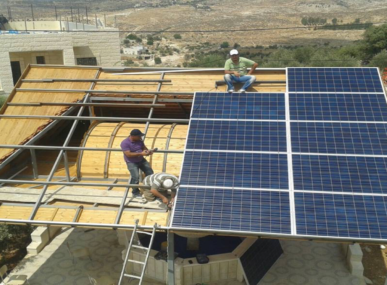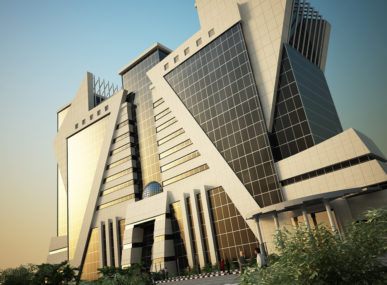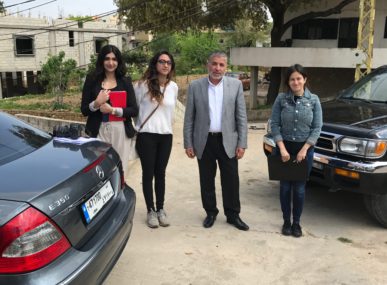The need for a renewable source of energy is particularly acute in Palestine — electricity costs in the country are substantially higher than in other parts of the region. In fact, the Palestine Solar Industry Association (PSIA) estimates 10% of the average household income is dedicated towards electrical costs, versus 2% in countries such as Jordan and Lebanon. Part of that is due to the origin of electricity — 95% of which comes from Israel — and poor grid infrastructure means more than a quarter of energy is lost in transit to its final destination.
“We are looking to minimize this dependency that we have on Israel for energy,” says Dwaikat. “Palestine needs an additional means of energy, and solar is the easiest. Anyone can take away or limit natural resources, but no one can stop the sun from rising every morning.”

